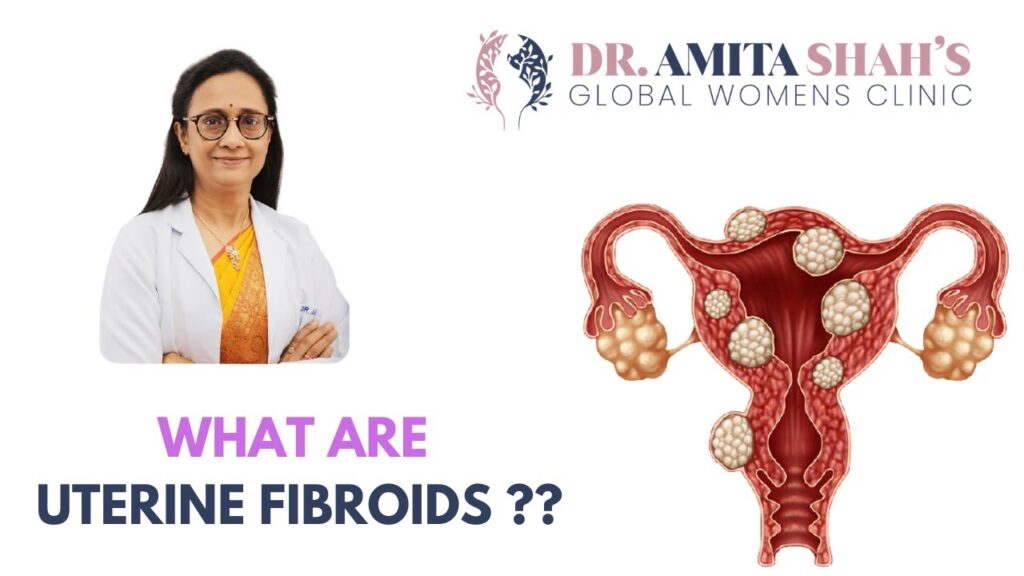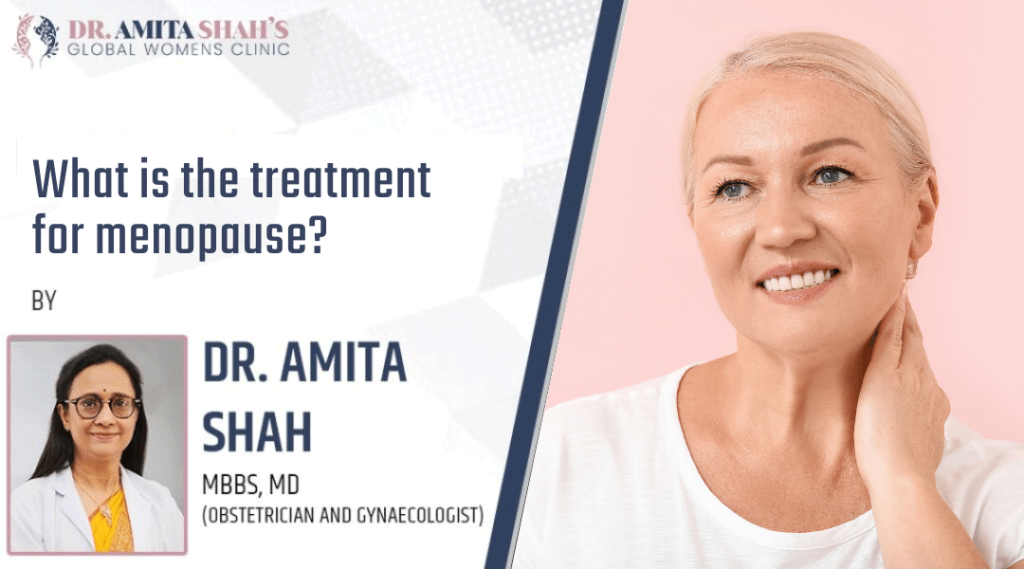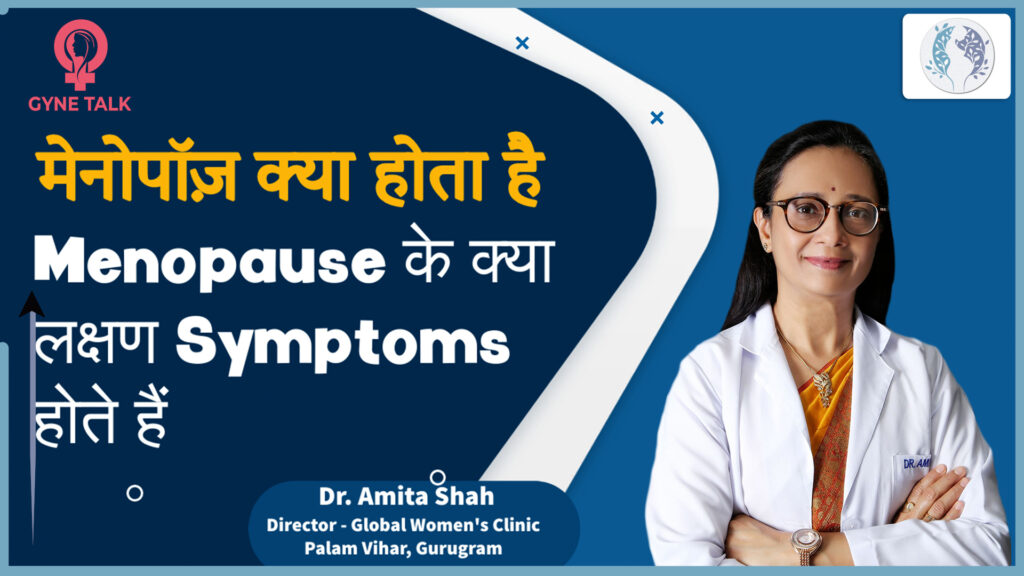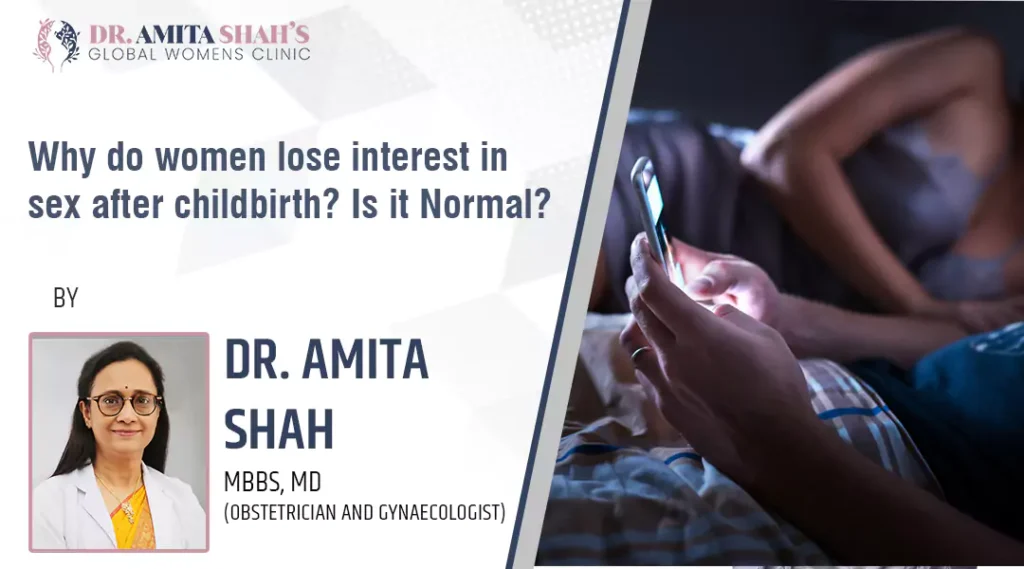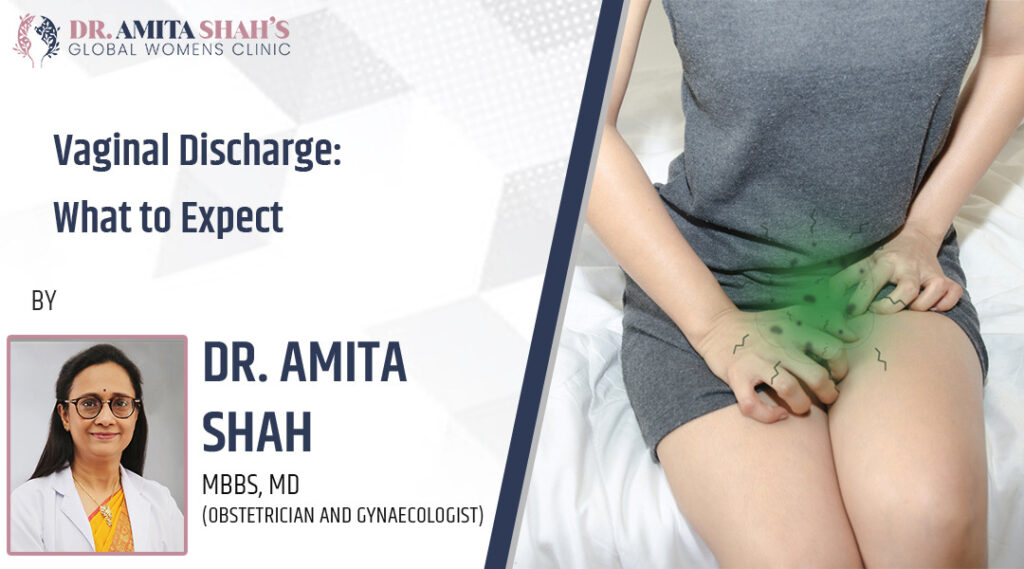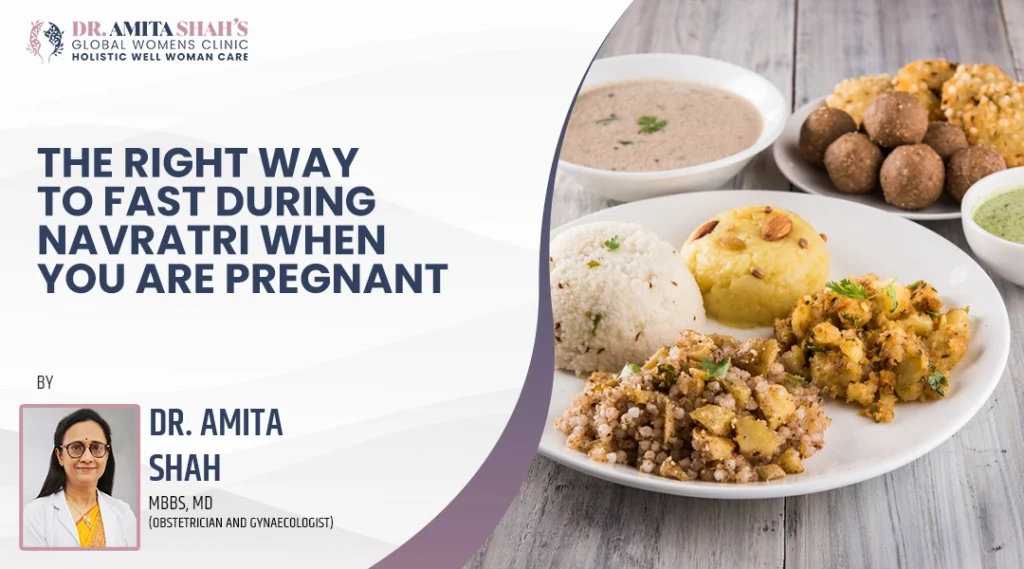There is no way to ensure that you will not develop cancer in your ovaries, peritoneum (the tissue that lines your abdomen), or fallopian tubes. Most women have a one in 70 chance of developing one of these three cancers at some point in their lives. One risk factor is ageing; the average age at diagnosis is 62. Book your appointment with Dr. Amita Shah who is the best gynae in Gurgaon.

Knowing your risk level allows you to make more informed decisions about how to protect yourself and other family members.
Approximately 5 to 10% of women diagnosed with ovarian cancer have inherited a higher risk of the disease, indicating that the disease runs in the family. If a blood relative, such as a mother, sister, grandmother, or aunt, suffers from ovarian cancer, the risk increases.
You are at a risk level similar to the general population if you have:
- There is no history of breast or ovarian cancer in my family.
- A family history of breast cancer diagnosed at the age of 41 or older
- A history of infertility and/or use of assisted reproductive technologies such as IVF (IVF)
- An endometriosis history (a condition in which tissue from the lining of the uterus grows outside of the uterus)
- A history of using hormone replacement therapy to treat menopausal symptoms
If you have any of the following conditions, you are at a higher risk:
- A history of ovarian or breast cancer in one’s family
- A personal breast cancer history before the age of 40
- A personal history of breast cancer diagnosed before the age of 50, as well as one or more close relatives who have been diagnosed with breast or ovarian cancer at any age.
- Two or more close relatives diagnosed with breast cancer before the age of 50, or ovarian cancer at any age
- If you inherited certain mutations in genes involved in cell growth, division, and DNA repair, you are at high risk (one in five or higher)
- BRCA1 and BRCA2 genes (relative risk for ovarian cancer is greater than six times that of the general population
- A mutation in the mismatch repair gene linked to a hereditary cancer syndrome known as Hereditary Non-Polyposis Colon Cancer (HNPCC)/Lynch syndrome
Other factors that can increase the risk of ovarian cancer include:
Menstruation at a young age or menopause at an advanced age.
Endometriosis is a condition in which tissue from the uterine lining grows outside the organ.
Methods for Reducing Your Risk
Aside from the basics of living a healthy lifestyle by eating well, staying active, and maintaining your target weight, the following factors may reduce your risk of ovarian cancer:
Pregnancy
The greater a woman’s number of full-term pregnancies, the lower her risk of ovarian cancer.
Oral contraception
The longer a woman uses birth control pills, the less likely she is to develop ovarian cancer. This protection appears to last for many years after the last pill was taken. However, because oral contraceptives have some risks, you should consult with your doctor to determine if this is a good option for you.
Tubal ligation
Although having your “tubes tied” may reduce your risk of ovarian cancer, MSK experts emphasise that the procedure should be performed to prevent pregnancy, not lowering your risk of ovarian cancer.
Diet and Exercise
The risk of ovarian cancer is reduced by following a weekly exercise regimen and eating a healthy diet. Working out for 30 minutes every day can reduce your risk by up to 20%. In addition to leading an active lifestyle, incorporating certain foods into your diet can help lower your risk. Foods high in Vitamin D, such as beans, eggs, nuts, and other nuts, are recommended, as are foods high in Vitamin A, such as carrots, leafy greens, and sweet potatoes.
Oral Contraceptives
Women who have used oral contraceptives in the past have been shown to have a 50% lower risk of developing ovarian cancer. The longer the medication is taken, the less likely it is that ovarian cancer will develop. Oral contraceptives are not for everyone, so check with your doctor to see if this is the best option for you.
Avoidance of Carcinogens
Carcinogens are substances that have the potential to cause cancer. Many of these substances cause cancer only if you have a pre-existing risk factor for cancer, such as a family history or a genetic mutation. However, some are capable of causing cancer regardless of the circumstances. Avoiding talcum powder, which is found in everyday products such as baby powder, vaginal deodorants, and makeup, may reduce your risk of ovarian cancer. Many women who use some of these products near the genital area regularly have developed ovarian cancer. This has resulted in numerous lawsuits being filed against companies that create these products, to raise awareness and help women avoid products like these.
Pregnancy and Breastfeeding
Women who have had at least one child, particularly before the age of 30, are less likely to develop ovarian cancer. This risk decreases with each child a woman bears. Furthermore, women who breastfeed their children have a lower risk of developing ovarian cancer.
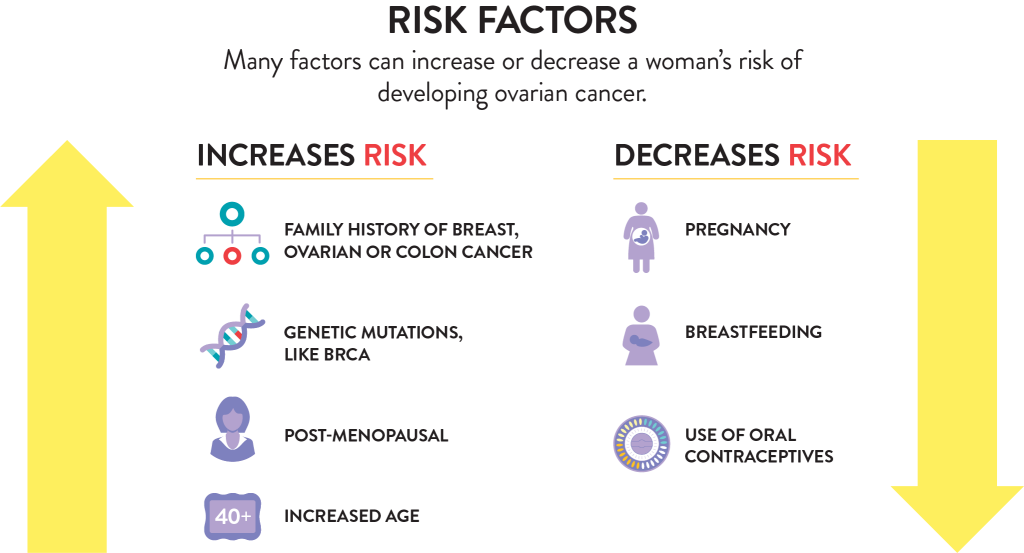
Maintaining a Healthy Lifestyle
Avoiding the use and exposure to tobacco products can reduce your risk of ovarian cancer as well as many other types of cancer. It is also suggested that you limit your alcohol consumption to three drinks per week. Avoiding tobacco and limiting alcohol consumption, as well as following the above-mentioned tips to exercise daily and eat a healthy diet, can reduce your risk of ovarian cancer. Call and book your appointment with Dr Amita Shah who is the gynaecologist in Gurugram.



